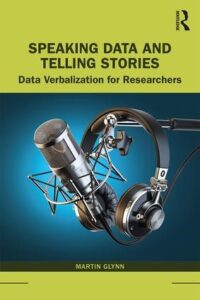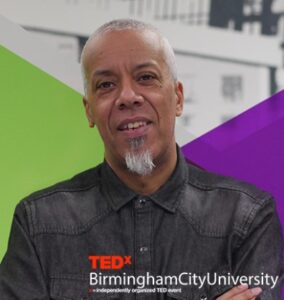The Computers and Learning Research Group (CALRG) held its 41st annual conference solely online for the first time in 2020. With some funding from OpenTEL, CALRG were able to collect extended feedback on the experiences of organisers, presenters and participants about attending an online conference. The findings have been compiled into a short report with practical recommendations that you can find here CALRG 2020 Evaluation Report!
Recommendations include:
- For organisers: Take accessibility into consideration when selecting the platform for your conference and in the options given to presenters (e.g., some may prefer to send in a recording of the presentation and just take live questions)
- For presenters: Set a timer next to your screen as it is hard for the facilitator to give you a discrete reminder about reaching your time limit.
- For participants: Mute your mic when not speaking.
The ongoing pandemic will mean that CALRG2021 is likely to be held at least partly online. This report will inform the planning and running of the event, and the organisers will use this report’s evaluation methods as a starting point for an upstream evaluation approach to understanding the benefits and challenges of CALRG2021 (scheduled for 15-16 June 2020).

